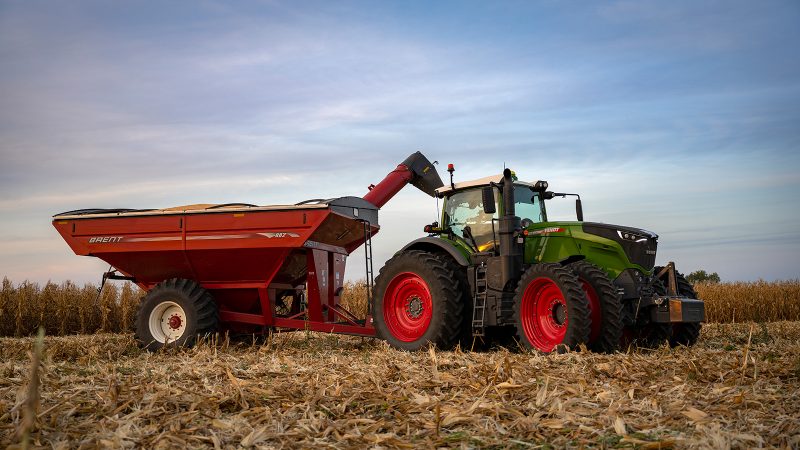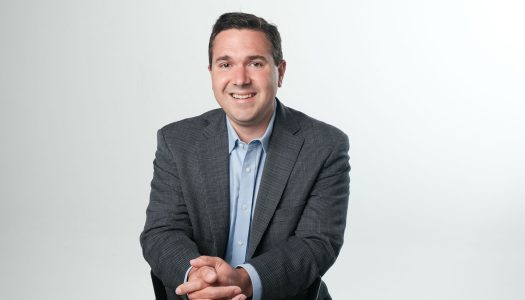
U.S. farmland is ripe for the picking for institutional investors, according to investment firm US Agriculture. That belief does not just come from marketing pitch books, it comes from experience working as and with farmers.
“We’ve been in their shoes. We understand the complexity of farming, the challenges of farming,” said David Martin, managing director of US Agriculture, which was created through the 2016 merger of two businesses run by long-time farming families: Hageman Group and Halderman Real Asset Management.
Martin, who grew up on a pork and grain farm in central Indiana and has previously worked in various capacities for a worldwide pork producer, said the two families were like-minded and shared common values that led to the decision to merge rather than compete.
In the institutional space, Martin found success early on after joining Halderman in 2008.
“After the 2008 financial crisis a lot of the pension space was looking at tangible assets, increasing real assets in their portfolio, and so our timing was perfect. After 2008 there was much more interest in farmland as an asset class and specifically as a subset in real assets,” he said.
The firm received separate account mandates from the Arkansas Teacher Retirement System in 2010 and New Mexico Educational Retirement Board in 2012 and received a second commitment from the New Mexico plan in 2018, according to FIN Searches.
Evan Newton, director of business development at the Carmel, Ind.-based firm, has seen interest in farmland grow as institutions have progressed their real assets allocation beyond real estate and infrastructure.
“Toward the end of last year, the conversation was largely driven by farmland as a fixed-income replacement. Frankly, you can generate an attractive yield in farmland, especially when interest rates are zero. More recently, especially to start the year, conversations have been more around farmland as an inflation hedge,” said Newton, who grew up on a grain farm in central Illinois as the son of a fourth-generation farmer. “It’s always inflation hedge, fixed-income replacement, diversifier, the lack of correlation to equities and then protection of capital.”
To accomplish that, the firm looks to invest in the right crop in the right geographic region using the right soils and right irrigation water with a best-in-class partner, Martin said.

